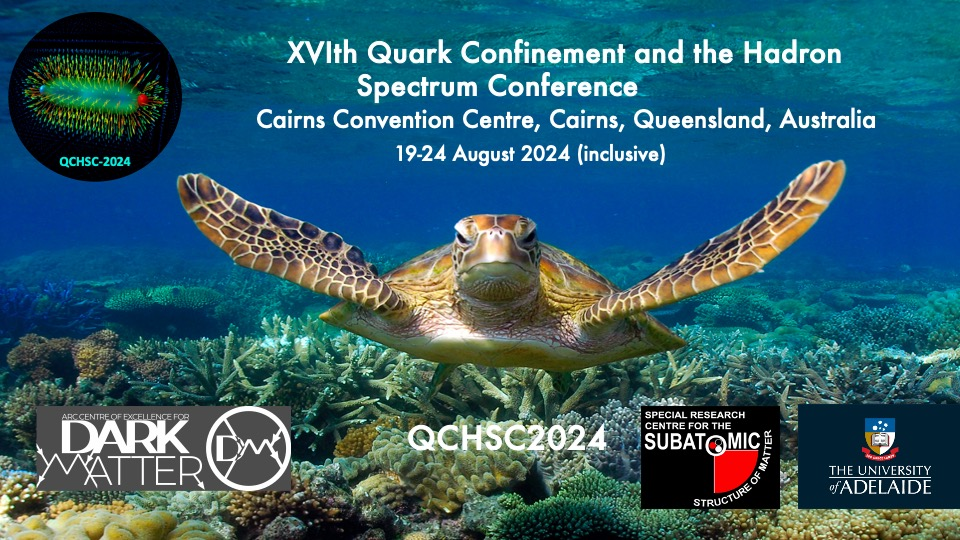Speaker
Description
In high energy physics, it is challenging to estimate precisely the trials factor for a resonance search with an unspecified mass. A relatively new approach is to model the significance derived from the likelihood ratio (fit a spectrum with and without the presence of the resonance in the statistical model) as a Gaussian Process. The knowledge of the covariance of the significance between different mass points in the search region is the key. Two published approaches for estimating the covariance are presented. The first is based on fits to a carefully designed set of Asimov-like background samples, where individual fluctuations of the background sample are introduced in each sample. The second approach is based on a linear expansion of the likelihood ratio and requires surprisingly little computation. The second approach actually justifies the somewhat ad-hoc first approach. The approaches have been tested extensively with high-statistics samples of toy Monte Carlo experiments and several different statistical models (including a 2-D model with unspecified mass and width). Depending on how fast the ATLAS collaboration works, it may be possible to show results from the application of the second approach to an actual resonance search at the LHC.
